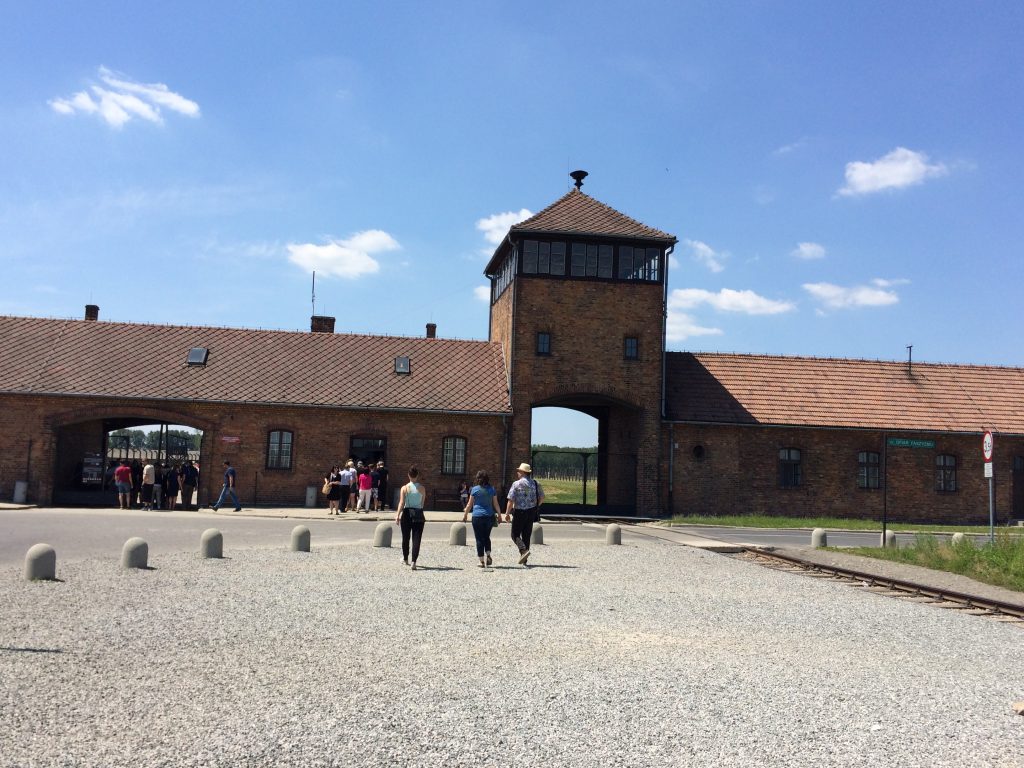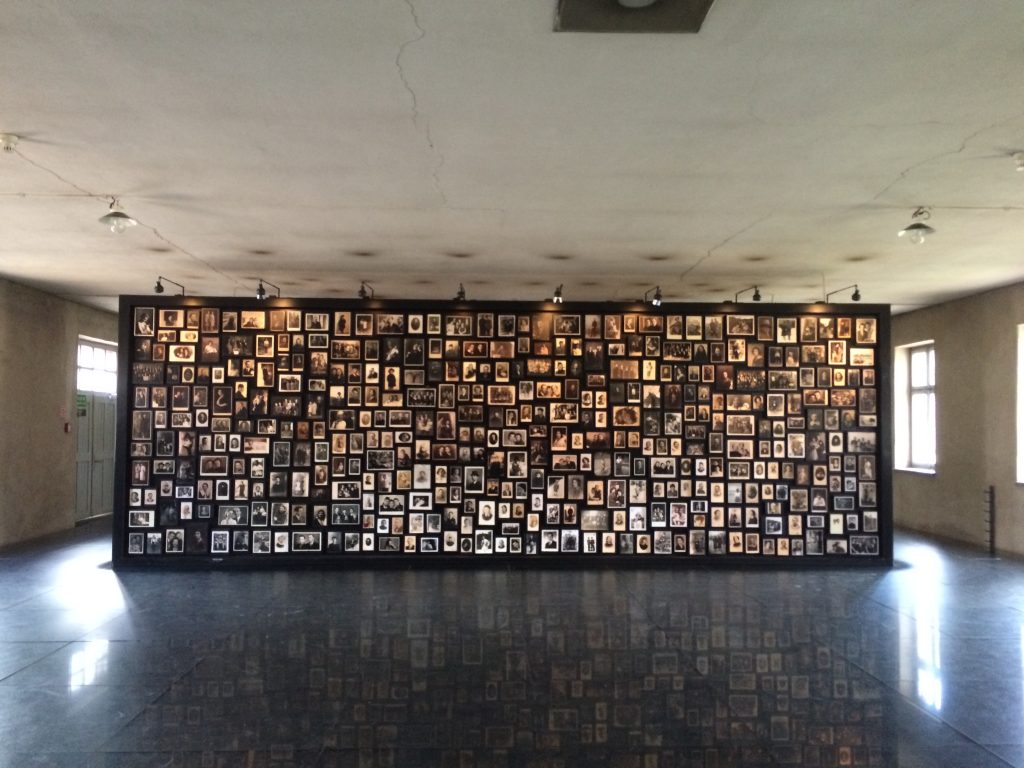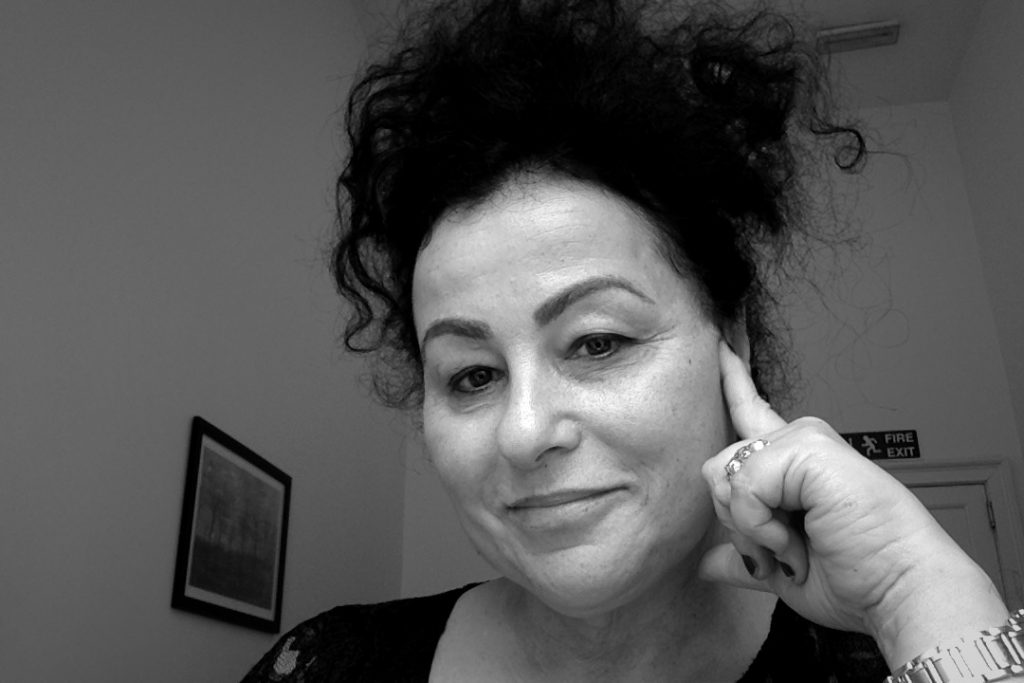Blaetter fuer deutsche und internationale Politik, Berlin, edition 9/20, September 2020
>> read
The Long Shadow of the Perpetrators
This article addresses the transgenerational consequences of the Second World War and the Holocaust for the descendants of the Nazi perpetrators and bystanders. Using the example of her own family, the author traces the external obstacles and the psychological difficulties arising from working through a legacy of crime, compounded by the fact that an atmosphere of taboos, silence and denial has persisted within German families – in spite of all the research and enlightenment in the academic and political spheres. The author argues that the patterns of feeling, thinking and action are often passed down when they are not scrutinised. Meaningful dialogues with the survivors and their descendants, as well as authentic remembrance, the author claims, can only take place if descendants of the victimisers break away from those generationally transmitted narratives which continue to evade the entire truth about the crimes committed by the Nazis and their accomplices in Europe.
European Judaism, Volume 53, September 2020
read/purchase
‘Most Jordanians see annexation as a declaration of war’ –a view from Amman
The Israeli government’s annexation plans caused diplomatic waves that the Middle East has not experienced for a long time
>> continue
Streitfall Antisemitismus
Anspruch auf Deutungsmacht und politische Interessen
Ein Sammelband zur Orientierung in der Debatte

Wolfgang Benz (Hrsg.)
Mit Beiträgen von: Shimon Stein/Moshe Zimmermann, Daniel Cil Brecher, Juliane Wetzel, Wolfgang Benz, Daniel Bax, Michael Kohlstruck, Peter Widmann, Micha Brumlik, Thomas Knieper, Dervis Hızarcı, Katajun Amirpur, Alexandra Senfft, Muriel Asseburg, Gert Krell
Metropol Verlag, Juli 2020
ISBN: 978-3-86331-532-0
Hardcover, 328 Seiten, 24,– €
ISBN E-Book/pdf:
978-3-86331-981-6, 19,– €
La larga sombra de los genocidas
by Alexandra Senfft in: Nosotrxs, Historias Desobientes

Primer encuentro internacional de familiares de genocidas por la Memoria, la Verdad y la Justicia
Ediciones AMP
Like Wax in Bibi’s Hands
Israel: After three indecisive elections Israel has now two rotating Prime Ministers
First published in: Der Freitag, Nr. 21, May 20, 2020
>> read
Bibi Netanyahu (Likud) and Benny Gantz (Blue and White) will therefore rotate as prime ministers in the future. But the mood in Israel is sour, the population mostly indifferent. No wonder, after three parliamentary elections and over a year of political tug-of-war, this compromise with the most expensive cabinet in history, 36 ministers and 16 deputies, was a difficult birth. In any case, everything has remained the same–the right wing and ultra-religious keep the say, Netanyahu remains their prime minister for the time being. It sounded correspondingly hollow when his designated successor, Gantz, announced that the greatest political crisis had now been overcome and that it was now the moment to reconcile. Potential opposition leader Yair Lapid immediately sneered: the Israelis deserved better, they “hate politicians and politics” to which there is “no longer any connection” in their “real life”. He thus also accused his former ally Gantz, who broke his election promise not to form a coalition with the indicted Netanyahu.
Une grande liberté intérieure »
Alexandra Senfft 59 ans, auteure et journaliste, Allemagne
« Cette crise devrait nous inciter à adopter un mode de vie plus solidaire et plus respectueux de l’environnement. Mais je crains que le retour à la normale ne se traduise, au contraire, par une relance de la production et de la consommation. J’ai personnellement apprécié cette pause dans mes déplacements qui m’a donné une grande liberté intérieure. C’est, bien sûr, très différent pour ceux qui ont peur de perdre leur emploi ou leur entreprise. La société est divisée entre ceux qui prennent cette pandémie très au sérieux et ceux qui remettent en cause la légitimité des mesures prises et propagent des théories du complot. La récession pourrait donner un terrain favorable à l’extrême droite, en particulier sur la question de la contribution allemande à la solidarité européenne. »
>> lire
La nuit où j’ai été déportée à Auschwitz
Anna Ornstein est née en Hongrie, en 1927. En 1944, elle a été déportée à Auschwitz avec ses parents et sa grand-mère de 96 ans. Elle témoigne de son expérience et s’interroge sur ce que nous pouvons en penser alors que l’idéologie d’extrême-droite se répand de nouveau sur le monde. Par Alexandra Senfft
>> lire

L’héritier nazi ou la mémoire bouffée aux mythes
Minimiser les crimes de sa famille ? La méthode allemande d’auto-exonération a conduit, selon la journaliste Alexandra Senfft, à un aveuglement qui nourrit le retour de l’extrême-droite. Au lendemain du 8 mai 2020, une réflexion sur le déni et ses conséquences politiques Mediapart, France, 12.05.2020
>> read

Working on the Trauma
Maya Laster-Wallfisch’s mother survived the Holocaust. It affects the family over generations
First published in Der Freitag, Number 16, April 15, 2020

The Holocaust was not ended with the liberation of the concentration camps. It lives on in all those who were in contact with it,” writes Maya Jacobs, née Lasker-Wallfisch, in her debut. The 62-year-old tells very personally how the persecution and murder of her family affected her. Her mother Anita Lasker-Wallfisch survived Auschwitz because she “was allowed” to play the cello in the orchestra there – for the forced laborers and those doomed to die on their way to the gas chambers, day after day. The cellist was also able to save her older sister Renate. The teenagers overcame typhus and in 1944 were transported to Bergen-Belsen, where they were liberated. Anita was 19 then and had been an orphan for three years: The Nazis had murdered her parents.
Continue reading